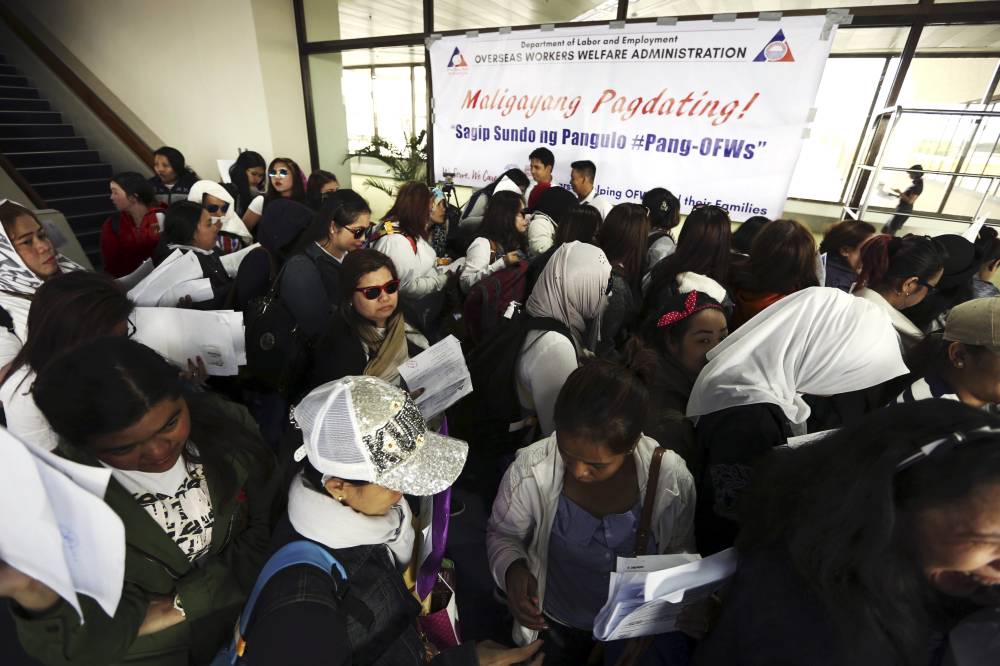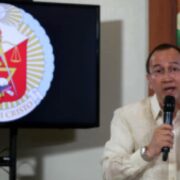Villanueva seeks review of PH’s bilateral agreements for the protection of OFWs

Sen. Joel Villanueva is calling for a review of the country’s bilateral agreements on the protection of overseas Filipino workers (OFWs) amid recently reported deaths in Kuwait.
He urged government agencies to ensure that laws are enforced to protect OFWs from maltreatment and abuse.
Villanueva, the principal author and sponsor of the Department of Migrant Workers Act, made the call on the heels of another possible deployment ban on OFWs to Kuwait due to the alleged anomalous death of two Filipino workers.
“Repeated reports of maltreatment, abuse or death of the country’s modern heroes are unacceptable. This has to end,” he said in a statement.
“The government must stop the abuse in its tracks by strengthening recruitment policy and ensuring that host countries comply with bilateral agreements on the welfare and rights of OFWs,” he added.
Migrant Workers Secretary Hans Cacdac has previously discussed the possibility of a deployment ban in the Middle Eastern country due to the recent deaths of two OFWs, namely Dafnie Nacalaban and Jenny Alvarado.
Nacalaban, who was reported missing by her second employer in October, was later found dead in the residence of a Kuwaiti individual.
Alvarado, on the other hand, reportedly died due to coal smoke inhalation in her workplace, along with her Nepalese and Sri Lankan colleagues.
Villanueva noted that the Philippines’ bilateral labor agreement with Kuwait, signed in 2018 and renewed in 2021, outlines the rights of OFWs in foreign countries.
These include the right to keep their passports and mobile phones, as well as the right to guaranteed provision of food, housing, and health insurance by employers.
Villanueva said that strict enforcement of the bilateral labor agreement and adherence to international laws are critical in preventing abuses against migrant workers.
According to him, a review of the agreement could be initiated to ensure that it is in the best interest of the Filipino workers.
“We cannot be reactive and rely on a ban-lift-ban cycle of OFW deployment,” Villanueva said,
“Every OFW we allow to work in a foreign land must be assured of a safe workplace, decent living condition, timely payment of correct wage and benefits, and must be able to return to their families alive and with gainful income worthy of their sacrifices,” he stressed.
According to Cacdac, the Philippines currently prohibits first-time domestic workers from being deployed to Kuwait.
He added that the agency is also considering imposing tighter rules and requirements for the deployment of Filipino migrant workers to the Arab country.

















